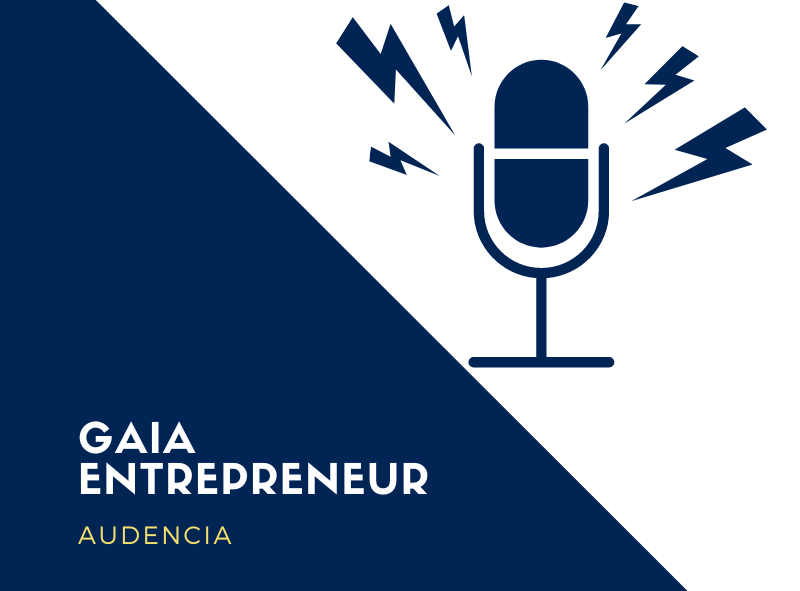Gaia Entrepreneur – E10 – Alexandre Solacolu – Hoali
Podcast: Play in new window | Embed
Testimony of Alexandre Solacolu, a maritime lawyer by training, co-founder of HOALI, a start-up that guides its customers towards less carbon-intensive consumption by raising awareness of what happens to waste in household bins in order to reduce the quantity. Plastic bottles represent 2/3 of the potential savings in terms of carbon emissions, so HOALI is trying to promote the use of the tap for water consumption, the gourd friendly movement to bring gourds back to the forefront and reduce the use of single-use bottles as much as possible). The overall objective is to protect the oceans from pollution, especially plastic pollution.
What is an impacting entrepreneur who takes into account environmental and social issues?
Above all, it means wanting to create ecological value before seeking to create economic value through one’s project, and relying on this ecological value created first of all to ensure the launch and success of one’s project (« renunciation ethics »: sorting out the business opportunities I encounter according to social, environmental and societal challenges, in order to respond to them as best I can through my project, as a question of contribution to the world. Ex: organic cosmetics). In this idea, at HOALI, we think that recycling is living on the back of the problem because we cannot recycle waste infinitely, it only allows us to extend the duration of use of plastic bottles, but we are still looking into it because it is a source of economic value, but the basic problem is not solved because the creation of this economic value takes precedence over the ecological value.
How can an entrepreneur today identify and recognise an impactful and responsible business opportunity?
Don’t forget the social issue, which is just as important as the environmental issue, in order to detect them. Then there is the question of the business model, i.e. whether I am capable of producing economic value to make my project grow around the environmental or social issue that I have chosen. The question we can ask ourselves is: what is the issue/need that I am going to address? Is what I am doing a significant response to a problem? (e.g. food waste: a company can develop around only one small part of this problem, such as the waste at the exit of supermarkets, because it is this part that brings mostly economic value, but it is not the heart of the problem that should be treated such as the waste in household fridges and food production / Outside the home, only 1/3 of the waste collected is recycled, among which 60% is beverage packaging, against 74% of the waste collected at home which is recycled, so the problem is taken into account HOALI in its greatest potential.
From this entrepreneurial opportunity, how can we build a responsible organisation?
Ethics is practice. You have to embody the discourse that you put forward on the socio-environmental issue that interests you, especially in start-ups where you need good project leaders who are obsessive about their position. You need a system of thought, from the outset, which is coherent with the project and which forms with it. This is all the more difficult the larger the structure. The idea is that the company becomes a kind of political vehicle for the desired organisation of society to share it.
How do you measure the impact on the problem you are trying to solve?
At HOALI, the gains are so great in terms of decarbonisation that exact measurement is not necessary to know that the company’s work is paying off, but measurement is important to motivate users on carbon savings. On the other hand, it is possible to decarbonise while destroying biodiversity, for example, so, beyond the indicator on decarbonisation, it is necessary to see the consequences on other indicators as well (e.g. regenerative economy).
How can we make our impactful business economically viable?
Today, in terms of business model, an economic model called « food » is the main one at HOALI; they accompany the territories to develop the use of the gourd, their remuneration comes from public or private actors following animations. The idea is to transpose ecological performance onto economic performance (e.g. at HOALI, employees index their income on their ecological performance).

